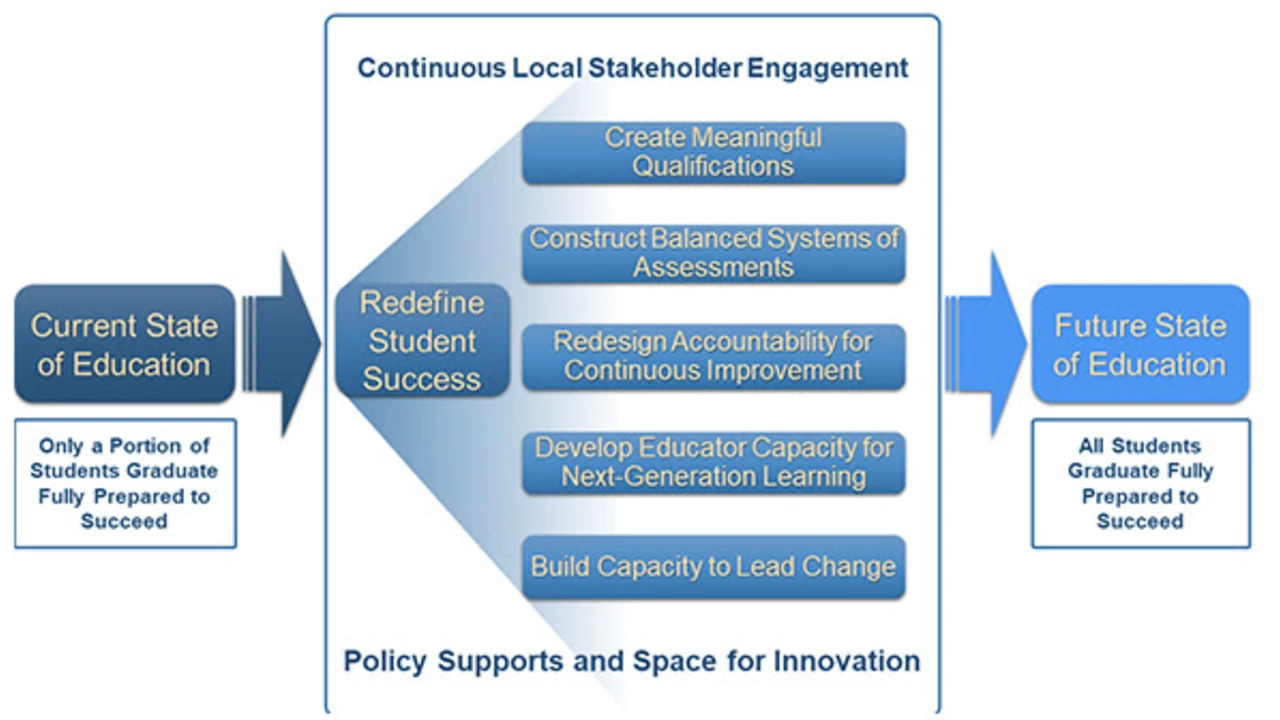Introduction to the Commercialization of US Education
Ever been to a boutique and wondered why a pair of jeans costs so much? Often, it's not about the denim, but the brand name stitched on the back label. However, now take this scenario and replace the boutique with a university and the jeans with an education. Welcome to what the American education system has become—a massive, complex, and largely for-profit industry.
Now, don't get me wrong; as a dad, I understand the driving desire to give your child the best education possible. Most evenings, I find myself scrambling to explain Algebra to Leona, thinking I'd have a more accessible time explaining the intricacies of quantum physics to Bingley, our rabbit. As confusing as it can be, I'd still want her to have access to quality education, but what is currently on offer in the US appears to have ethically run sideways in terms of the business side of things.
The Connection Between Education and Big Business
To understand how the US education system evolved from institutions of learning into financial behemoths, we need to delve into some history. During the early 19th century, education was a community effort, with local citizens banding together to build one-room schoolhouses and hire a local teacher. However, as the American society grew in complexity, so did the education system, eventually resembling what we see today—multi-tiered schools, colleges with subsidized programs and, believe it or not, student loan debt.
In today's America, obtaining an education is a heavy financial undertaking, usually starting with enrolling in a preschool program and ending with paying off astronomical student loan debt well into adulthood. The idea itself isn't inherently bad. After all, investing in one's future is never a detrimental endeavor. But when this investment becomes a tool for exploitation, well, that's where the pot starts to boil over.
College: Big Business for Who?
Now let's talk about universities and colleges, which are the pinnacle of this profit-making pyramid. They're literally cranking out diplomas like fresh-pressed vinyl records—quite groovy indeed! But, what's puzzling is the exorbitant amount of money exchanged in these hallowed halls. Tuition fees in the US are infamous for their sky-high prices compared to the rest of the world. A major reason for this is that colleges have become commercial operations, focused on turning a profit rather than providing quality education.
I remember when I attended university... I was filled with dreams and ready to embrace a career that was to shape my future. What I didn't expect was to graduate with a heap load of debt heavier than an elephant. For many young Americans, this burden strains their lives even before they start their careers. Imagine starting a race with a massive rock strapped to your back - quite the hurdle, I'd say!
The Impact on the American Dream
So, how does this business-like mentality of education affect the American Dream, that age-old promise of making it big through sheer grit and effort? Well, the dream may still be there, but the ladder leading up to it seems to be missing a few rungs. And if you're like me, afraid of heights and precarious situations, you'd think twice before making the climb.
And for many families, it's not so much about the lack of opportunity but the harsh reality that the cost of education has outstripped the returns. We're seeing countless bright young minds, undeniably capable, but forced to bury their dreams under a mountain of debt. It's like trying to cook a gourmet meal, but suddenly realizing halfway through that it's going to cost you an arm and a leg—literally!
Concluding Thoughts on the Commerce of Learning
All in all, the commercialization of the US education system is a complex issue, fraught with ethical, political, and economic implications. While some parties benefit enormously from this business, the majority are left grappling with the financial burden and stress that comes with acquiring an education.
The intersection of education and commerce is a thorny one, filled with debates and concerns over equity, access, and quality. While the system may be ripe for revolution, it's going to take sustained effort - just like the time I chased Bingley from the garden after he nibbled on my favourite begonias. Jokes aside, much like Bingley's scurrying, the challenge of change is fast and unpredictable. But with some determination, one step at a time can make a huge difference.
